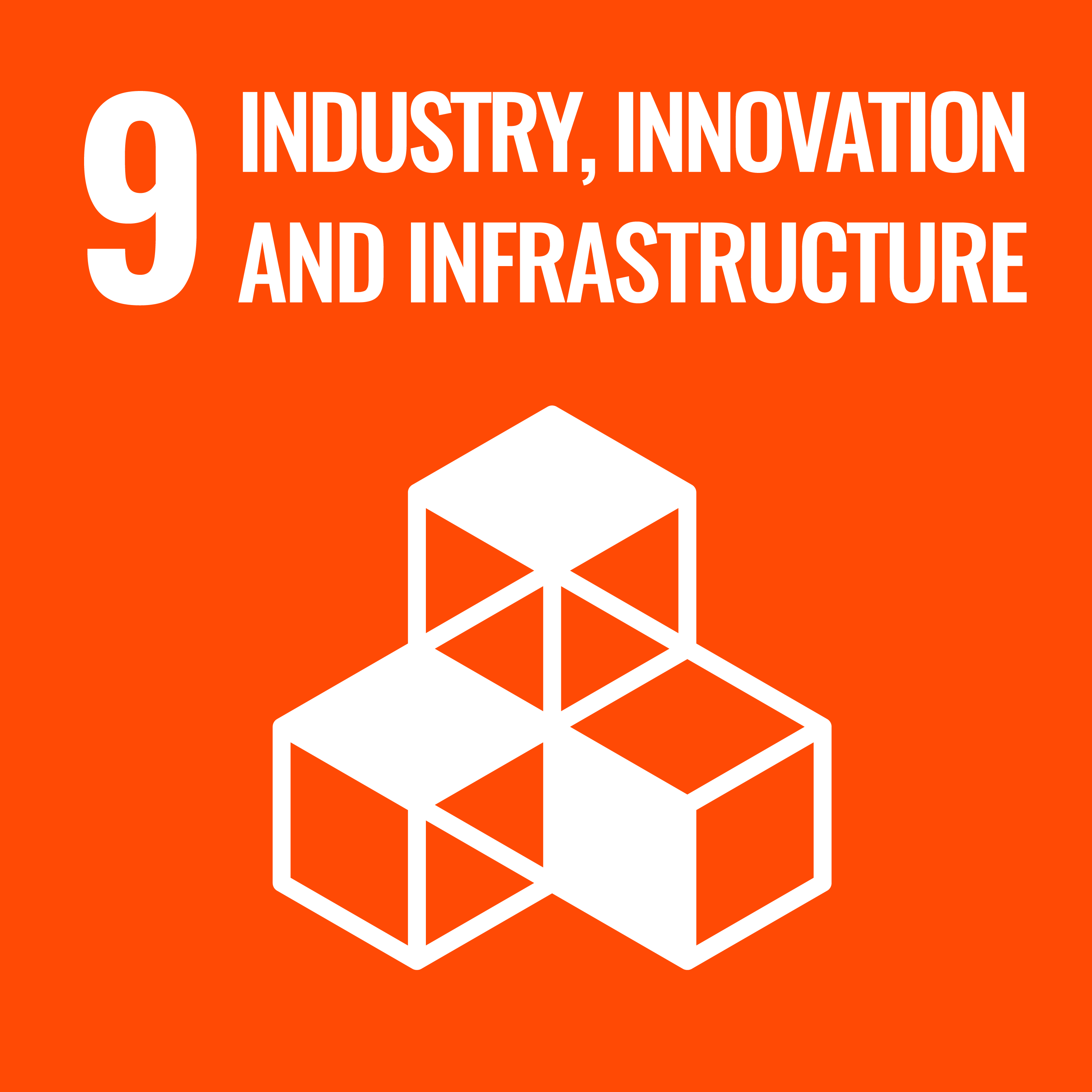Improving resource efficiency is one of the core targets addressed in SDG 9 which are supposed to be met by 2030. In this workshop we will explore how green computing as an energy-efficient information technology can be used in order to save our natural resources for example by reducing the energy, paper and other materials used in administrative work settings. Going further than that, we will discuss benefits of green computing technology beyond the reduction of resources needed to employ this kind of technology, and how computer technology may be useful in reducing natural disasters or solving problems in agriculture or sanitation and how electronic waste can be limited. The latter relates to questions on how plastic recycling can avoid potential dangers that are related to having too much plastic waste in the natural environment and alternative practices to recycling. As a third perspective, we would like to discuss the recycling of plant and animal residues for the production of organic fertilizer. Based on these perspectives we would like to take action and develop project ideas that may lead to a more resource efficient way using technologies and industrial as well as private consumption. The workshop is open for students of all disciplines and especially relevant for students of natural sciences (physics, chemistry, biology), economics, environmental sciences, engineering, computer science/IT, and related subjects.

- Teacher: Dr. Hiba Ameen Ibraheem Alalaf alalaf
- Teacher: Rana Zeyad Abdulfattah Al Fulyih Fulyih
- Teacher: Edrees Edaan Ghadeer Ghadeer
- Teacher: Laheeb mohammad Ibrahim
